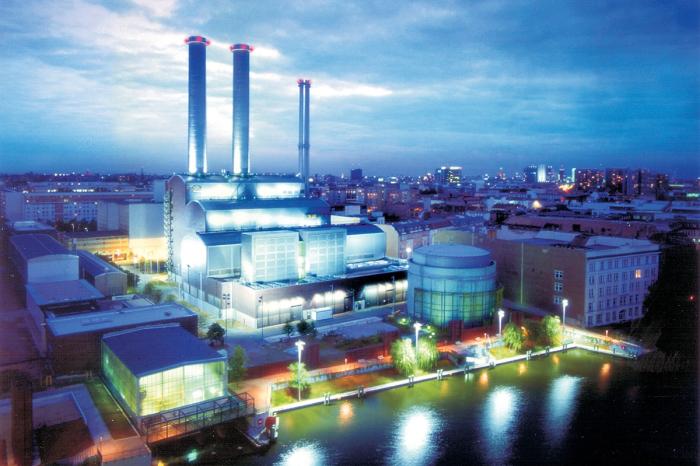
Details
Solution type
The combination of district heating and heat pumps is foreseen to have a key role in the future energy systems and future district heating systems are predicted to have a larger number of heat pumps installed in the grids compared to today.
Scenarios made by the project Heat Roadmap Europe show that with an expansion of district heating, it is possible to cover up to 50% of the heating demand in Europe with district heating and around 25% of the energy to the district heating grids will come from heat pumps1. The project shows different scenarios, all including a larger share of district heating. The scenarios show the potential of reducing the CO2 emissions from the European heating sector by more than 70% compared to the current situation.
The reason why heat pumps are foreseen to increase in district heating systems is because heat pumps can deliver heat with high efficiency and at the same time create a link between the heating and electricity sector by utilizing intermittent renewable energy sources. It enables for an overall decarbonisation of the energy system and the possibility to make district heating an integrated part of a smart energy system. To have an efficient integration of variable renewable sources, the heat pumps would have to operate in a flexible way. Most of their capacity should be used during hours when wind and solar electricity are available. When the demand is low, they can be used to fill up thermal storage with heat. This will allow for further integration of intermittent renewables.
The integration of large-scale heat pumps in future district heating systems is important for multiple reasons:
1. Heat pumps combined with storage systems have the potential to become a key technology since it enables future district heating systems to balance the power grid when the production of electricity from intermittent renewable energy sources fluctuates.
2. Heat pumps make it possible to utilize excess heat at low temperatures and reduce grid losses.
3. Heat pumps increase the flexibility of district heating systems, by utilizing multiple sources of heat, which enables higher flexibility of the energy system. Fast commissioning and low start-up costs are some of the benefits of heat pumps, as well as taking advantage of the volatility of the electricity market and the possibility to use the thermal grid and storage as thermal batteries.
4. Heat pumps play an important role in integrating more renewable energy and phasing out fossil fuels from the energy systems.
Anton Falk, RISE, Research Institutes of Sweden
Anton Falk, e-mail
References
Here you find the whole report by Anton Falk which the above article is based on the Summary report on heat pumps in district heating systems > (2021)
